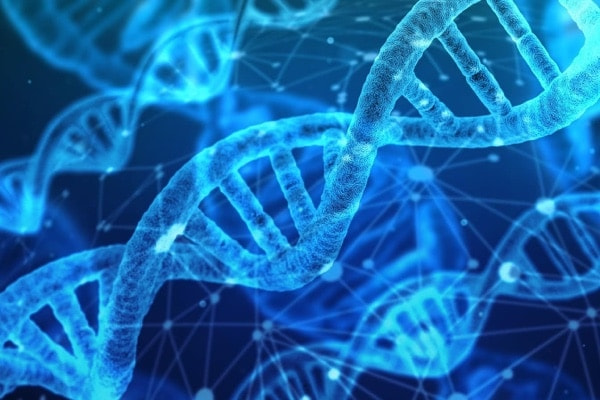Genetic consultation
The genetic consultation is for couples planning their pregnancy who want to know about the possible risk of diseases in their offspring.
This meeting aims to carry out studies to identify any hereditary pathologies that could affect the baby’s health during its gestation or at some point in the future.

What is a genetic consultation?
The consultation is for couples wishing to know the genetic entity risk in their offspring. It also establishes the diagnosis of patients with rare diseases of genetic origin (congenital malformations, cognitive disabilities, low pathological stature, or degenerative diseases). It enables prophylactic guidance in hereditary family cancer (breast, colon, and retinoblastoma).
Who needs to consider scheduling a genetic consultation at INSER?
Couples who wish to have children but may have a family history of hereditary diseases, consanguinity, or recurrent pregnancy loss, and couples who want to know about pre-conceptional risks, even if they do not have a family history.
Patients with major congenital malformations, delayed development, progressive neuromuscular deterioration, or degenerative diseases
Patients with a family history of hereditary cancer (Breast, Colon, Multiple Endocrine Neoplasia)
When is it advisable to have a genetic consultation?
Generally, patients are referred by another specialty. Within each human system, many genetic diseases can be studied, which have a risk of inheritance, usually identified during other medical meetings.
What is to be analyzed in a genetic consultation?
An extensive medical history is taken, including a family history and a physical examination. A preliminary diagnostic impression/assessment is made, which is confirmed, when possible, by a genetic study, making it possible to identify affected family members or carriers.




